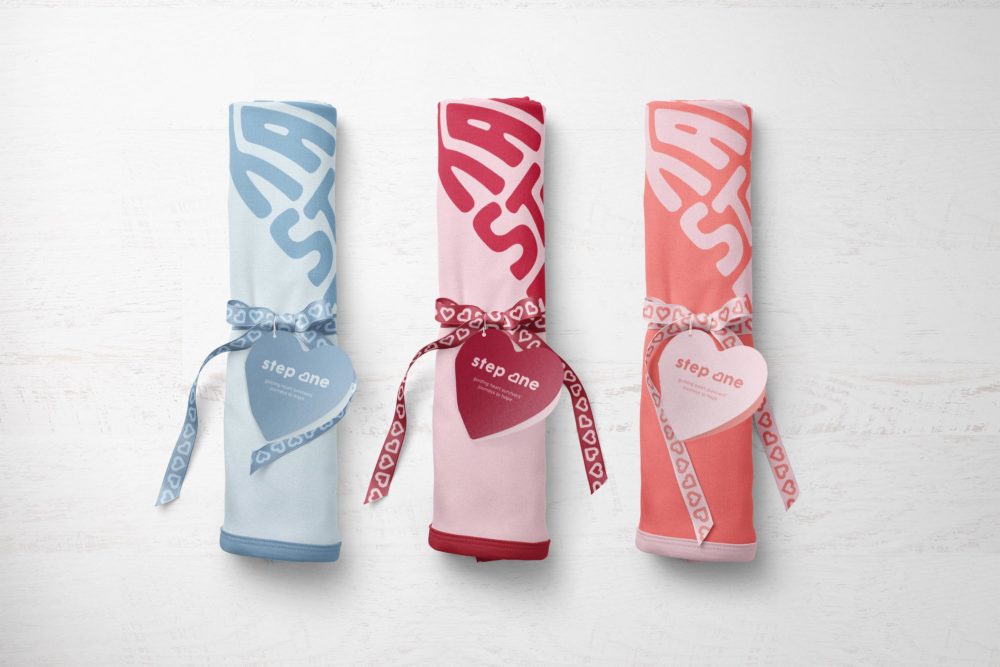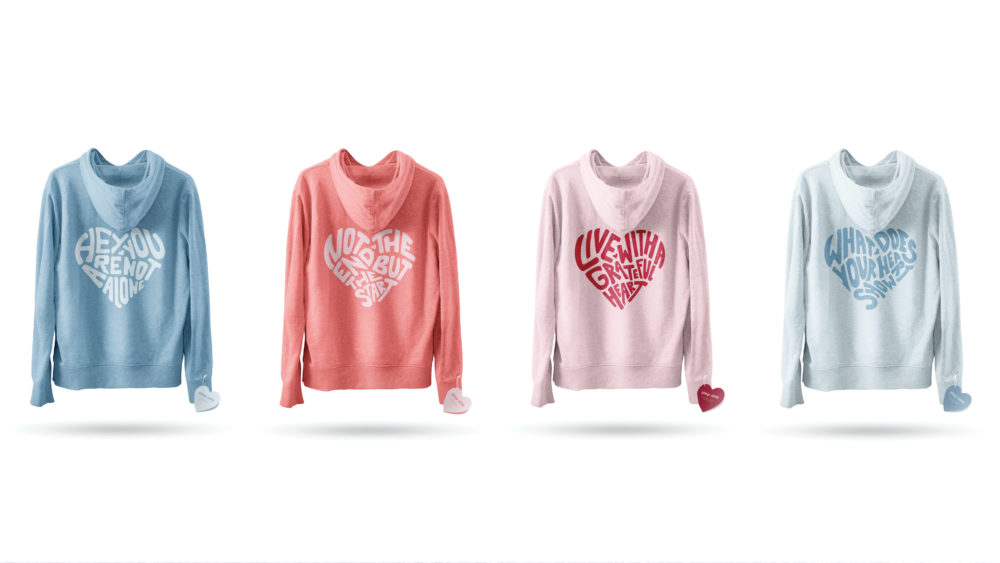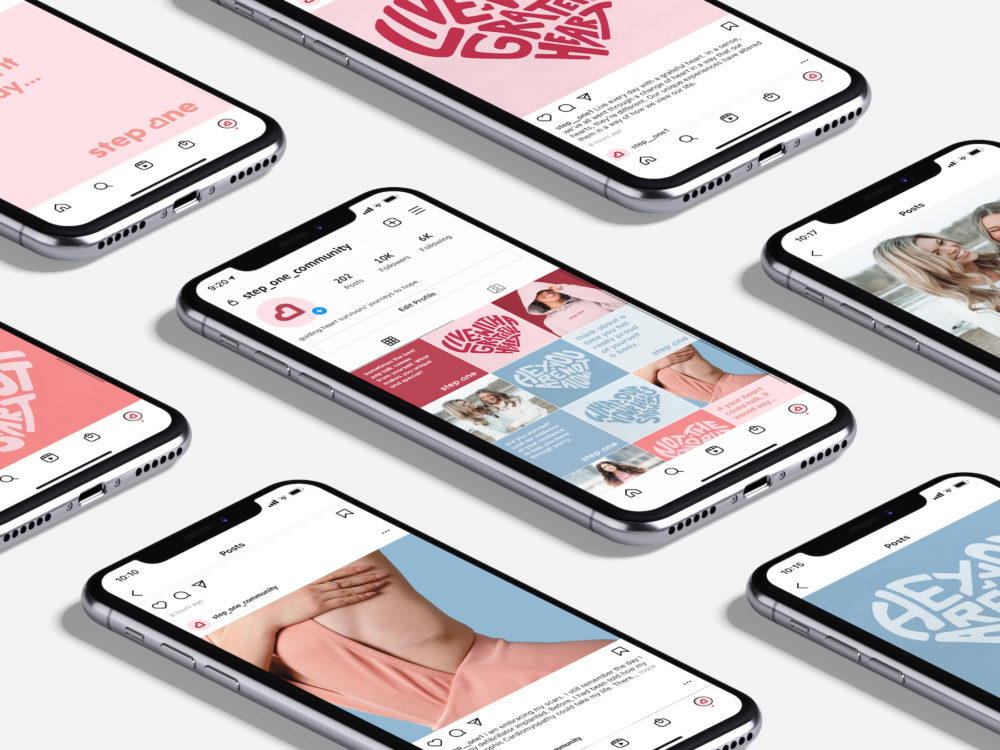
The Problem
When one learns that he or she has a heart disorder, it can throw a person’s world upside down. Many times, these unexpected life experiences negatively affect mental health. Adult females, in particular, feel the pressure to hold their whole world together with a smile on their face even though they wish for help. Doctors and nurses are trained to explain and answer their physical health questions, but often to not have time to talk about more personal issues.
When adult females are faced with a diagnosis of a heart condition, what strategies or activities could help them improve their mental wellbeing?
Success Statement
There is a direct correlation between diagnosis and mental state. It is time to start treating the physical body alongside the mind.
By engaging in guided self reflection, females faced with a heart condition diagnosis will be prepared to take the first step into their life with a heart disorder. They will understand their emotions are valid, learn to tackle conversations about their condition, navigate ways to redirect energy, and discover how to advocate for their body.
Target Audience
Females, ages 18-40, who have been diagnosed with a heart condition and have been emotionally affected.
Females, especially younger females, are neglected when it comes to heart health. Traditionally, it has been seen as an “old man’s problem” even though cardiovascular disease is the leading cause of death in women.
Research
Research was conducted through surveys, interviews, documents, and audio visual materials. Within the survey, 21 females with heart conditions responded. 10 people, ages 20-55, were interviewed. Based on findings within the interviews and survey, responses were followed up with secondary research within case studies for the American Heart Association, WomenHeart, and Mended Hearts. Social media platforms such as The Heart Foundation and Get HeartCharged were also analyzed.
Survey
To expand the research, a survey was sent out to heart survivors. It was found that 100% of respondents stated that their heart condition diagnosis emotionally impacted them in some way. When given the opportunity to select all that apply out of a list of 8 symptoms related to emotional wellbeing, 88% felt anxious, 88% felt fearful, 62% felt others did not understand.
Interview Pain Points
Within the interviews, major themes were revealed, both negative and positive. Some struggles included navigating the unknown, lack of understanding amongst other people, and moments of sadness. With the shock of a heart diagnosis, many people wonder what the future will hold. The unknown of what they can and can’t do makes them question what is in store for them. Secondly, people feel social pressure to do activities that the doctor restricts because of other people’s lack of understanding. It is exhausting and embarrassing to continue to explain your condition to others. Finally, many people experience moments of sadness. For example, a 22 year old girl with Hypertrophic Cardiomyopathy stated,
“I found out that I was shocked twice by my implanted defibrillator and that I went into sudden cardiac arrest at 3:30 in the morning, and would have died in my sleep if it wasn’t for my defibrillator… ‘What if I died in my sleep?’ That hit me, that hit me hard, obviously. There were some nights where I would just start crying in my bed thinking how that all would have played out.”
Interview Positive Points
With the negative points, there are also positive. The interviewees had an amazing outlook on life. They stated that they find comfort talking to loved ones about their condition, find hope in listening to one’s body, and find peace by redirecting energy into new activities. A 24 year old girl exemplified redirecting her energy into something positive. She stated,
“I honestly feel grateful because it took me down the film route where I am today. So, having the heart condition, I did more acting, which is something I always wanted to do. As like being a dancer beforeI, I loved performing. I loved being on stage. And so I took all that energy that I wanted, you know, to be active, and I took it there.”
Design Process + Testing
Throughout the design process and testing phase, the key insights led the way. Mediums to display the insights: understanding your emotions are valid, learning to tackle the conversation about your condition, navigating ways to redirect energy, and discovering how to advocate for your body were altered multiple times. The medium morphed from booklets, to physical cards, to a digital platform. Each change was based on heart survivors’ feedback. They helped form a solution that would fit their needs of convenience and usability.
Once the functionality of the solution was decided upon, a visual aesthetic was created. Soft pastel colors, rounded edges, and illustrations are used to calm the user. A heart condition diagnosis is a nerve wracking and intimidating experience, so the branding is meant to soothe those intense emotions.
During the interviews, a heart survivor offered advice to overcome a daunting diagnosis. She stated,
“Your life doesn’t end, but you have to take it kind of one day at a time. You can think about the future of what your condition does, but sometimes that will paralyze you… But like taking those small steps is a bit easier and it helps.”
The word “step” stood out and perfectly encapsulated the step by step journey to embracing one’s life with a heart condition. Hence, Step One was born!
Design Solution
Step One is a step by step guided experience that guides heart survivor’s journeys to hope. It is used to ease the minds of heart patients and help them process their emotions.
The Gift at Diagnosis: Almost all participants stated that they did not receive anything at the point of diagnosis to support their mental health. Instead, people were mainly provided with a large booklet explaining their physical condition. After conducting research on items that bring people comfort, a blanket proved to be one of the most recommended objects for people with a new diagnosis. A tag will be attached to this blanket. It will address emotions they may feel and prompts them to take the next step in the Step One experience, the digital reflection diary.

Digital Reflection Diary: The purpose of the digital reflection diary is for users to process their emotions on their own, at their own pace. The four categories within the application include navigating ways to redirect energy, tackling the conversation, listening to your body, and understanding your emotions are valid. Within each category, there are 8 reflection cards with prompts. Users are asked to write about the prompt within the application. When they complete the 8 cards within each section, they will have grown to think in a new perspective about their diagnosis. This will help them see that there is hope in the future. To reward their efforts, a heart illustration with a positive message will appear.
Positive Message Apparel: The heart illustrations found within the digital reflection diary will be placed on apparel and sent to a heart survivor that has completed all 32 reflection prompts. The sweatshirts will spark dialogue between people, tap into a new support system, as well as give the wearer an uplifting message. A tag on the sleeve will prompt people to visit Step_One_Community, an Instagram profile.

Step One Instagram Community: The heart survivors have processed their emotions on their own and are now ready to connect with others going through similar experiences. Here, they will be able to receive future reflection prompts, explore heart health resources, and read survivor stories.

Step One is a solution that highlights the importance of treating the physical body alongside the mind. I hope, one day, it helps other women like me to take the first step to process their emotions, so they can see that there is, and always will be, hope.
